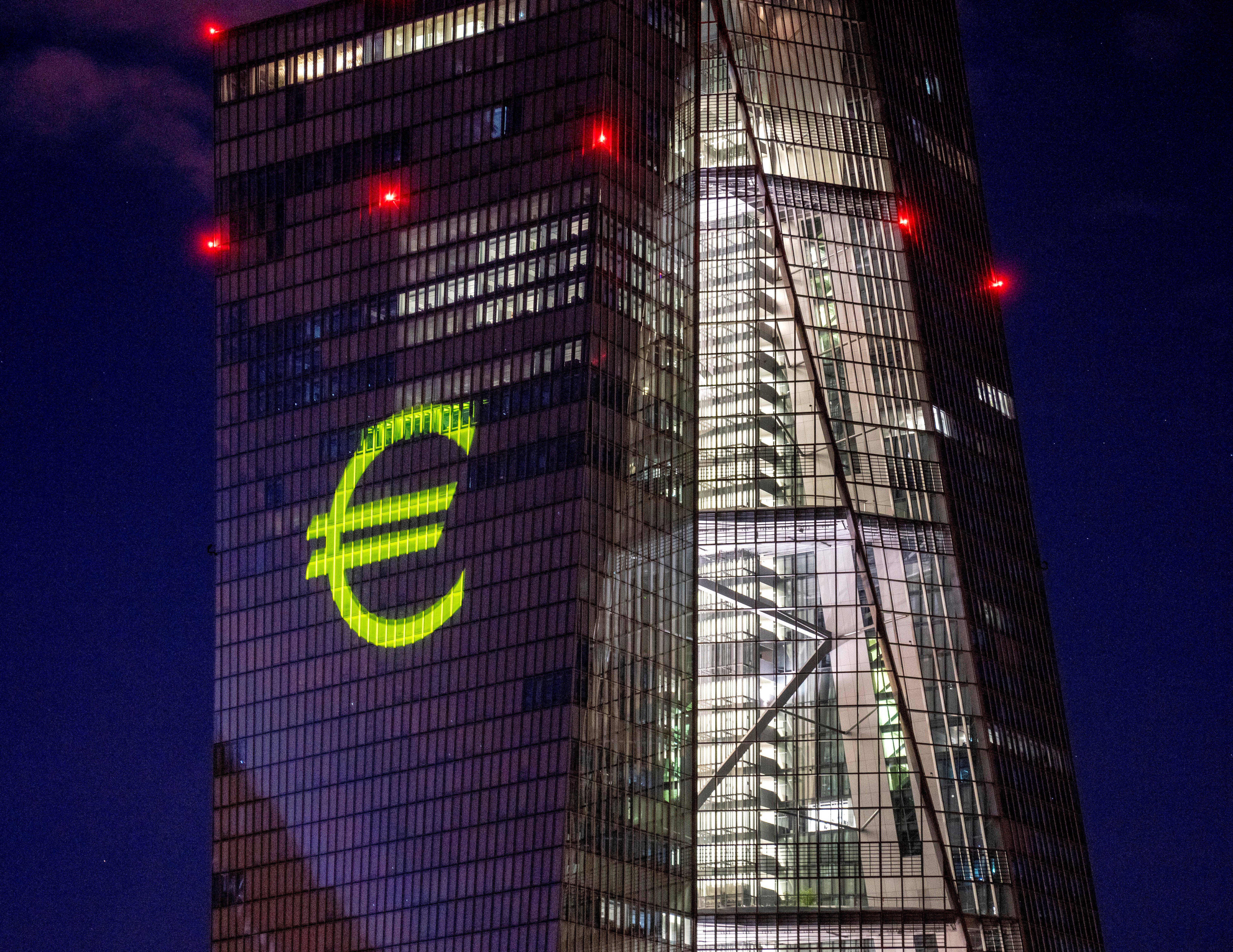EU expects recession to hit Europe as inflation hangs on
The European Union’s executive commission slashed its forecast for economic growth next year

Your support helps us to tell the story
From reproductive rights to climate change to Big Tech, The Independent is on the ground when the story is developing. Whether it's investigating the financials of Elon Musk's pro-Trump PAC or producing our latest documentary, 'The A Word', which shines a light on the American women fighting for reproductive rights, we know how important it is to parse out the facts from the messaging.
At such a critical moment in US history, we need reporters on the ground. Your donation allows us to keep sending journalists to speak to both sides of the story.
The Independent is trusted by Americans across the entire political spectrum. And unlike many other quality news outlets, we choose not to lock Americans out of our reporting and analysis with paywalls. We believe quality journalism should be available to everyone, paid for by those who can afford it.
Your support makes all the difference.The European Union's executive commission slashed its forecast for economic growth next year, saying the 19 countries that use the euro currency will slide into recession over the winter as peak inflation hangs on for longer than expected and high fuel and heating costs erode consumer purchasing power.
The European Commission's autumn forecast released Friday predicts falling economic output in the last three months of this year and the first months of 2023. It says high energy prices, a rising cost of living, higher interest rates and overall uncertainty “are expected to tip the EU, the euro area and most member states into recession in the last quarter of the year.”
The growth forecast for all of 2023 was lowered to 0.3% from 1.4% expected in the previous forecast from July.
“Growth is expected to return to Europe in spring, as inflation gradually relaxes its grip on the economy,” the report said. “However, with powerful headwinds still holding back demand, economic activity is set to be subdued.”
The worst performer next year is likely to be Germany, Europe's largest economy and one of the most dependent on Russian natural gas before the war in Ukraine. Gas and electricity prices have soared as Russia has dialed back supplies to Europe to a mere trickle of what they were before the invasion of Ukraine.
Germany was expected to see output shrink by 0.6% over the next year.
Inflation will peak later than expected, near the end of the year, and will lift the average rate to 8.5% for 2022 and to 6.1% for 2023 in the eurozone. That is an upward revision of nearly 1 percentage point for 2022 and more than 2 points for 2023.
Two consecutive quarters of falling output is one common definition of recession, although the economists on the eurozone business cycle dating committee use a broader set of data including employment figures.
The commission indicated the job market was likely to hold up relatively well despite shrinking output over the winter, forecasting an increase in the unemployment rate from 6.8% this year to 7.2% next and a decrease to 7% in 2024.